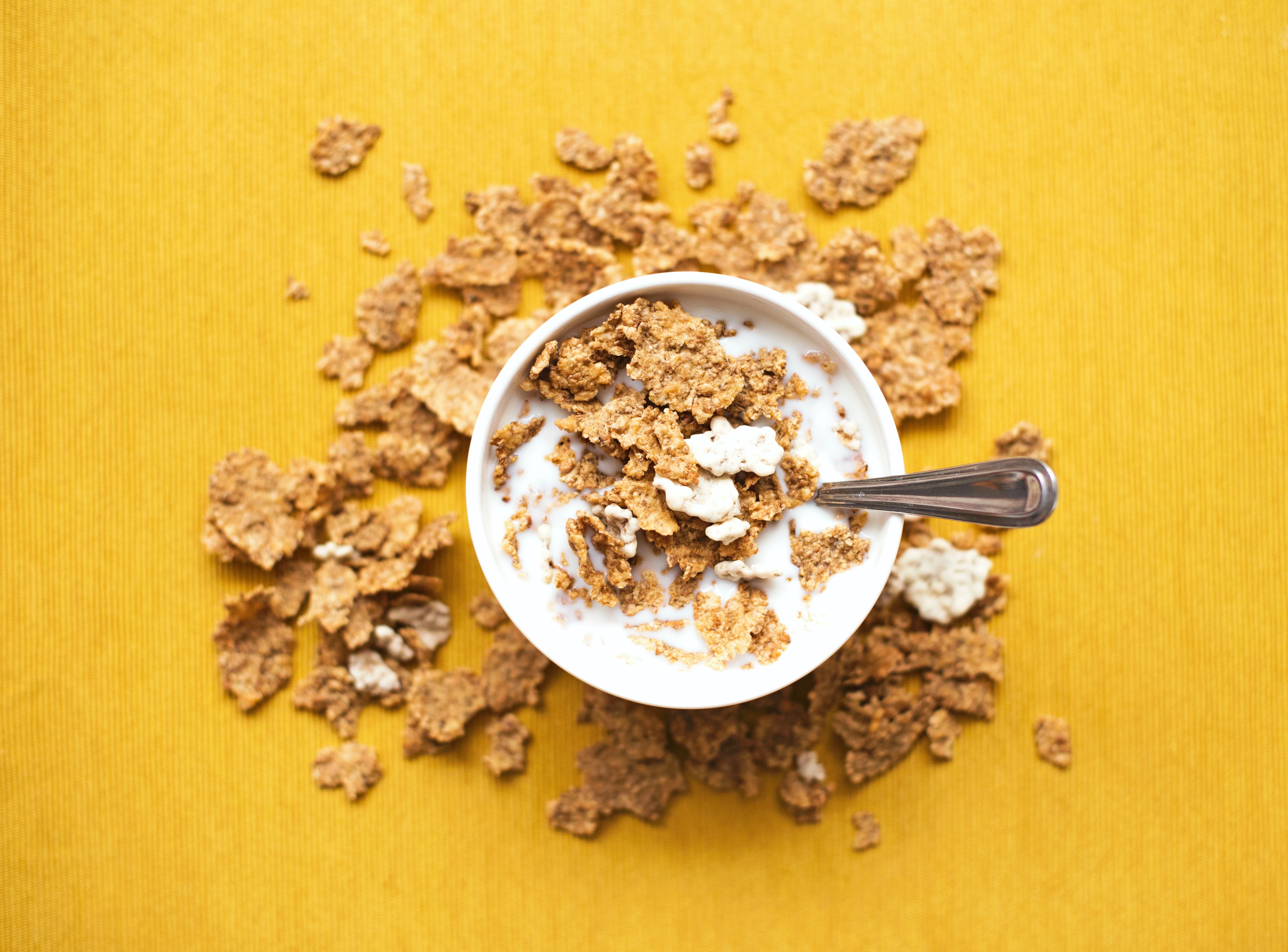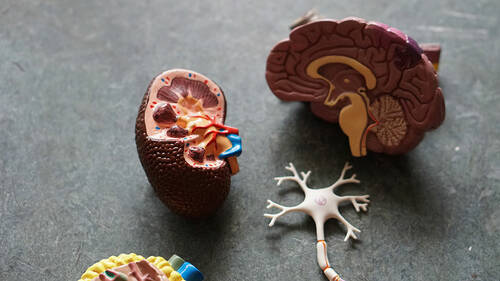1. Sugary Cereals:
Many breakfast cereals are loaded with added sugars, which can cause rapid spikes in blood sugar levels. Avoid cereals that feature sugar as one of the top ingredients on the label. Opt for whole-grain, low-sugar alternatives or oatmeal, which provides slow-digesting carbohydrates and fiber to help regulate blood sugar.
2. Sugary Fruit Juices:
Fruit juices, even those labeled as "100% pure," can be high in natural sugars. Consuming a glass of fruit juice can lead to a rapid increase in blood sugar levels. It's better to eat whole fruits, which contain fiber and are slower to raise blood sugar. If you do drink juice, choose small portions and consider diluting it with water.
3. Flavored Yogurts:
Flavored yogurts often contain added sugars and artificial flavors. These can lead to a spike in blood sugar levels. Opt for plain, low-fat, or Greek yogurt without added sugars and add fresh berries or a small amount of honey for natural sweetness.
4. Pastries and Muffins:
Pastries, donuts, and muffins are typically high in refined carbohydrates and sugars. These breakfast treats can cause rapid blood sugar spikes and contribute to weight gain. Choose whole-grain options or prepare homemade muffins with whole-grain flour and minimal added sugar.
5. White Bread and Bagels:
White bread and bagels are made from refined flour, which can lead to a quick increase in blood sugar levels. Instead, choose whole-grain or whole-wheat bread options, which have a lower glycemic index and provide more stable energy throughout the morning.
Remember that managing diabetes is a highly individualized process, and it's essential to work closely with your healthcare team, including a registered dietitian or nutritionist, to create a personalized meal plan that meets your specific needs and preferences. By making informed breakfast choices and paying attention to portion sizes, you can better control your diabetes and promote your overall well-being.












